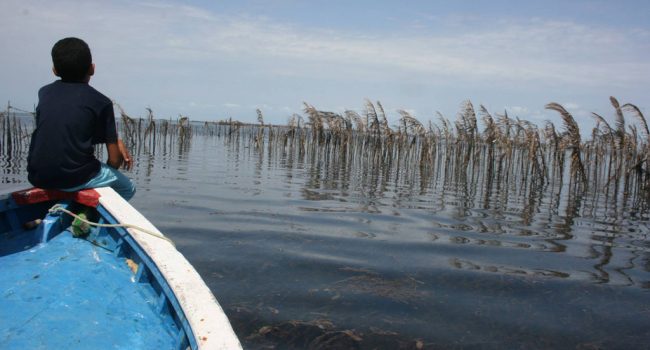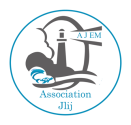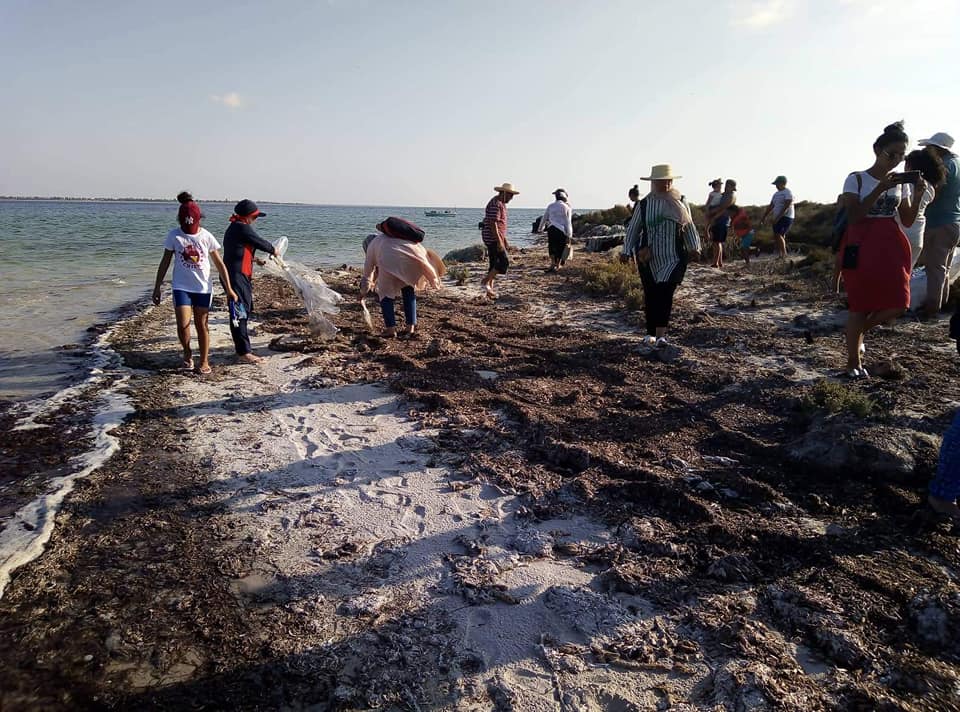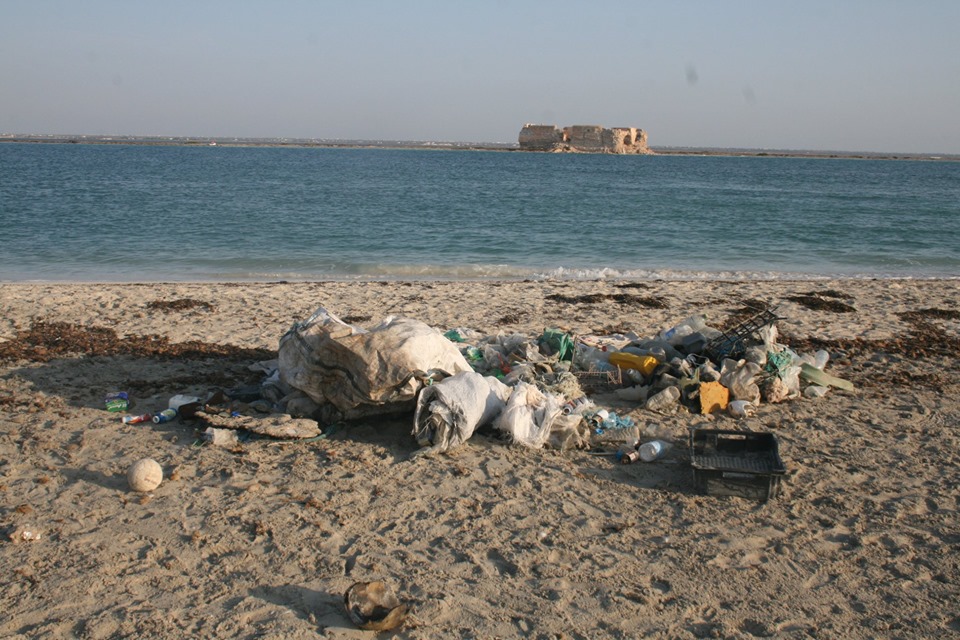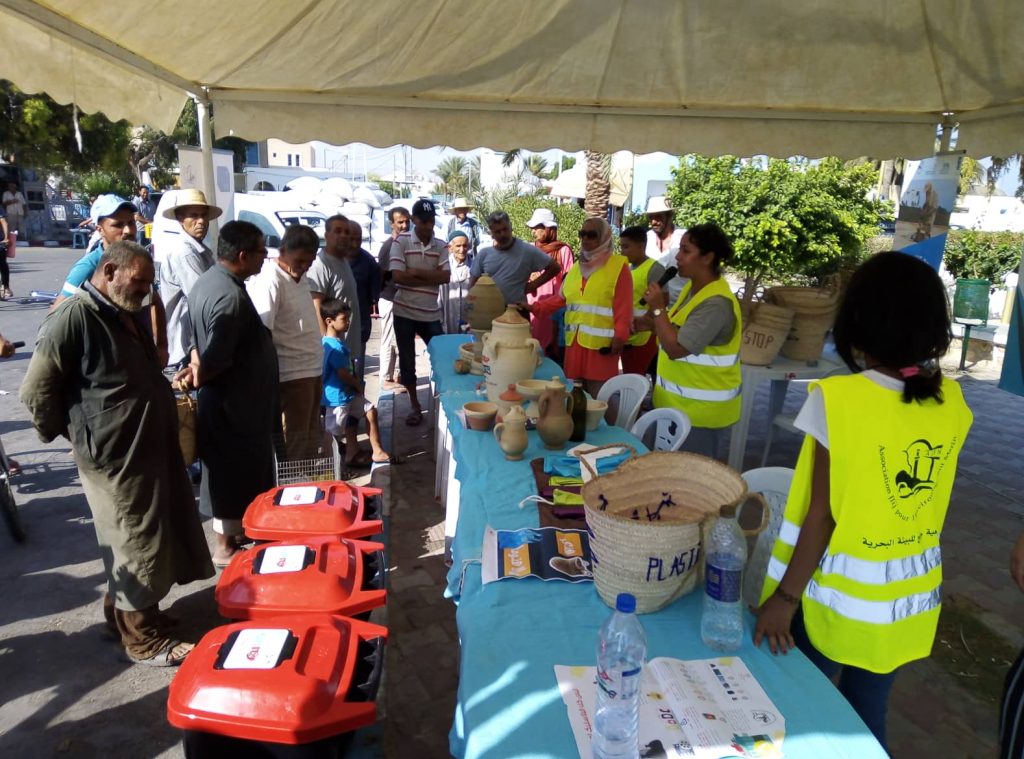- Study on plastic pollution
Through the recruitment and training of investigators, AJEM conducted an in-depth study on the state of plastic pollution in Djerba, covering various waste-producing sectors and involving individuals in waste management. The results led to interviews with key stakeholders and the development of maps as decision-making tools. This analysis enabled the creation of an action plan for the island, including practical solutions and pilot actions. In partnership with the Municipality of Houmt Souk and the Agence Nationale de Gestion des Déchets (ANGED), the initiative led the city of Mellita to adopt a municipal decision for selective collection of plastics, cardboard, and used oils.
- Installation of collection cages
The flagship action of the project was the installation of 37 metal cages for collecting plastics and cardboard. Designed in galvanized steel to ensure durability, these cages saw increasing use, filling up within a week. AJEM managed the collection of waste for recycling with the purchase of a dedicated van.
- Pilot project for selective sorting
To support selective waste collection in Mellita, a pilot project was implemented in one neighborhood. One hundred families received training and support for source sorting and composting.
- Awareness for fishermen and merchants
Awareness workshops were also organized for local fishermen and market customers, offering alternatives made by village artisans, such as traps and wicker baskets.
- Environmental education
Environmental education days were organized in primary schools, a middle school, and a high school, highlighting the dangers of plastic and possible alternatives. A “Best Young Advocate” contest was also launched, attracting 183 entries to reward young people’s engagement with plastic issues.
- Development of green spaces
As part of the project, AJEM developed a playground and a green space with recycled plastic furniture, in collaboration with neighborhood residents. This initiative raised awareness among different populations and promoted the acceptability of behavior changes regarding plastic.
